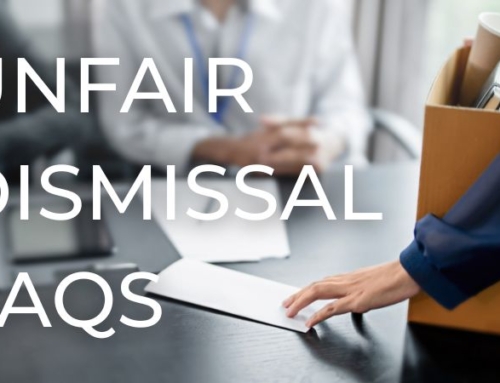From midnight on 20 December 2020, most of London and the South East of England was placed into Tier 4 COVID restrictions. The following guidance is for employers seeking to understand how they are affected.
Firstly it is important to establish which Tier your business operates in and whether it can open, because some parts of Essex are not affected by this change. Secondly you need to look at where your employees are living as those in Tier 4 will be facing restrictions in their activities.
Which businesses can stay open?
Tier 4 rules have forced the closure of many businesses, including but not limited to:
- Non-essential retail
- Hospitality venues (takeaways can stay open until 11pm)
- Accommodation (except for specific circumstances such as where these act as someone’s main residence, where the person cannot return home, for providing accommodation or support to the homeless, or where it is essential to stay there for work purposes)
- Leisure and sports facilities
- Entertainment venues
- Indoor attractions
- Personal care facilities
- Community centres and halls
Most other businesses can remain open, including suppliers of building products, market stalls, repair services, medical and dental services. The full list is available on the Government guidance website.
What you should do as an employer?
The Tier 4 Guidance is clear that individuals should not leave home without a reasonable excuse – one such reasonable excuse being going to work or volunteering. This means that employees cannot suggest that they can’t work simply because they are in Tier 4.
Our guidance then depends on whether you are staying open or closing:
Businesses with Key Workers remaining open
If your business provides key services, then it should continue operating as normal. However, make sure you take practical steps to ensure that the business is COVID safe (these steps haven’t changed). Many local authorities are offering grants to cover some of the costs of making safety changes.
Businesses without Key Workers but still remaining open
If your business is able to stay open, but your staff are not considered key workers, then employees MUST work from home if they can.
If employees cannot work from home, you should ensure there are safety measures in place, and that employees are continuing to work in a COVID safe environment (again these safety measures are unchanged and local authority grants may be available).
You can still furlough staff members if your services have been affected as a result of Coronavirus and the furlough scheme has recently been extended to the end of April 2021. You can either furlough on a flexible furlough basis, or on a full furlough basis. Ensure you follow the correct legal process when furloughing your staff members, which you can do by obtaining their consent to very their contract. For further details on furloughing employees, please see our furlough guide or speak to the Backhouse Solicitors employment team, who will be happy to assist.
Business which are closed
If your business is closing, you can place your staff on full furlough leave (again currently up to the end of April 2021). Consider whether you want to ask them to reduce their salary to 80%, or whether you will top their salary up to 100%. Again, please note that you should follow the correct legal process when furloughing staff as you are changing their terms of employment. The best way to do this is to obtain their consent, ideally in writing. For further details on furloughing employees, please see our furlough guide or speak to the Backhouse employment team, who will be happy to assist.
Employers with vulnerable staff members
If you have employees who are considered “clinically extremely vulnerable”, they can continue to work at home but should NOT attend the workplace. If they are unable to work from home, you should instead either furlough them or place them on sick leave. Be very careful not to inadvertently discriminate against staff members with disabilities as this could give rise to an employment tribunal claim against you.
You may also wish to consider extending the same treatment to those who are “clinically vulnerable”, i.e. those who are at a higher risk of severe illness from coronavirus.
For employees who are simply considered “vulnerable” or are concerned about working in the current situation, you will need to look at these on a case-by-case basis. Don’t dismiss any concerns from staff without giving them due consideration and feedback, as this could lead not only to discrimination claims but also claims regarding health and safety in the workplace. We are aware that the Health & Safety Executive are inspecting workplaces for COVID security which may be prompted by calls from employees.
Contact Us
If you have any questions about the Tier 4 restrictions and how your business will be impacted, please contact us today to arrange a free 30 minute consultation with one of our expert employment law solicitors.
Tel: 01245 893400
Email: info@backhouse-solicitors.co.uk
Visit: 17 Duke Street, Chelmsford, Essex CM1 1JU
Or send us a message through the Contact Us page on this website






